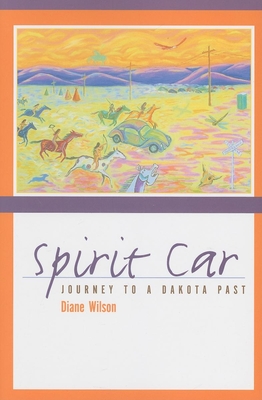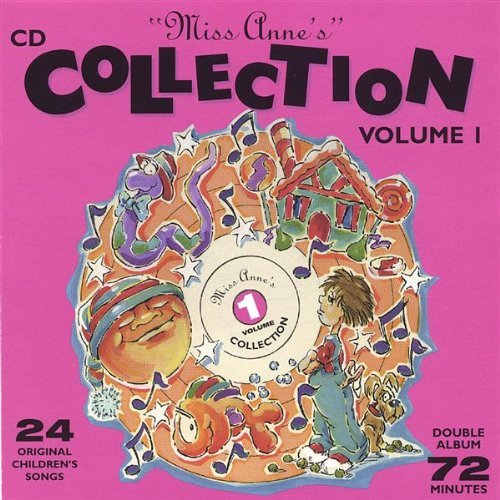
Braggs, Earl S.
"People have long told stories like our story but most never quite as long." And so begins Earl S. Braggs complex jazz memoir of growing up black and poor in rural North Carolina. What is long about Braggs' story is not its length but how deeply the roots of race and history reach through the narrative in every unexpected direction. From the haphazard pleasures of a childhood in a rural shack in segregated "fishtown" to the civil unrest of Wilmington NC in the Civil Rights Era to the poet's coming of age as a writer in San Francisco. In the midst of familiar injustices, Braggs blows open our conceptions about good and bad, revealing violence where we expect safety and friendships where we expect derision. A white man presses a revolver into the boy's head, the bookmobile lady stops so he can get on. While the borders of Hampstead were segregated black and white, the design of this narrative never is.







